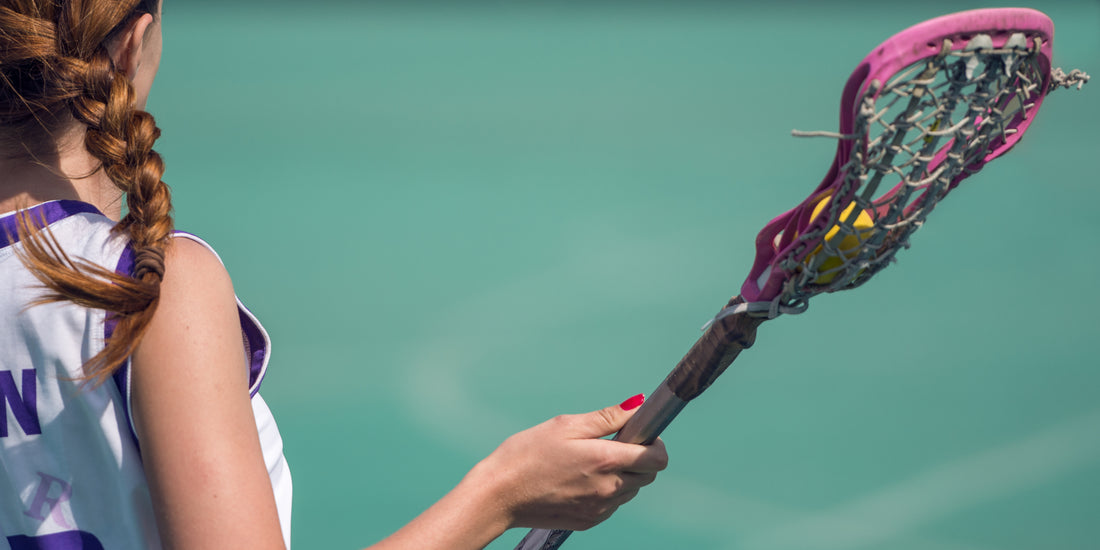Alana Epstein’s favorite sound in the world is the laughter of family and friends. She can hear it because of a decision her parents made with an assist from modern medicine.
Epstein was born deaf. Shortly after her first birthday, she got her first cochlear implants, tiny electronic devices that provide a sense of sound to people who are deaf or severely hard of hearing. Epstein’s parents have a video of her hearing for the first time, and she still smiles every time she watches it.
“I look around,” Epstein said. “My eyes get all big. I’m trying to figure out where the sound is coming from.”
Deafness does not show up on an ultrasound or in prenatal blood work, as something like Down syndrome or a congenital heart issue might. The first sign something was off came when Epstein didn’t pass her newborn hearing test shortly after birth in the hospital.
“When I failed the first one, they were like, ‘It’s probably nothing. It’s no big deal,’” Epstein said.
A newborn might not pass the test for many reasons, like fluid from birth still in the ear or too much noise in the room. Only one to three out of every 1,000 newborns have detectable hearing loss at birth, according to the American Academy of Pediatrics. After a second test with an audiologist, Epstein’s parents learned their daughter was one of them.
Epstein was diagnosed as profoundly deaf. She cannot hear speech — only very loud sounds. Hearing aids are not helpful. They amplify sounds Epstein can’t hear to begin with. Her family could learn sign language and send Epstein to a school for the deaf or opt for cochlear implants.

PHOTO COURTESY OF ALANA EPSTEIN
ACTIVE LISTENING: A senior attacker at Furman, Epstein is profoundly deaf. She perceives sound with a transmitter that sends signals to the cochlear implants in her ears.
Epstein says cochlear implants are a bit controversial in the Deaf community, where some critics say that people should embrace the way they were made. With proper accommodations, athletes without cochlear implants participate in sports.
“My parents wanted me to live in the hearing world since everyone else in our family was hearing,” Epstein said.
Twenty-two years later, Epstein, a senior attacker at Furman, is grateful they did.
“I can’t imagine my life without it now,” Epstein said. “I’m able to have conversations with friends. I’m able to attend mainstream school and play sports. It helps a lot.”
Epstein’s mother, Rachel, played lacrosse at Richmond and signed up her three daughters (Lindsay, Alana and Jamie) for the sport. “My sisters and I always went into the backyard to throw and catch,” Epstein said. “I loved it.”
Epstein can’t say for sure how sounds, like her teammates calling out a play or parents laughing, sound different for her compared to people born without hearing loss. But she has some idea.
“From my research and what my audiologist tells me, it sounds more computerized. It would sound almost like a Siri to you,” Epstein said. “But, to me, it sounds normal.”
But the sounds aren’t robotic. Epstein can differentiate between tones and emotions. She can tell when Furman coach Kirkland Lewis is excited about how a game is going and when she’s, well, less than thrilled.
Still, Epstein faces her share of challenges. It's harder for her to hear the whistle or her teammates calling plays. They literally push her in the right direction when necessary. Kirkland wears a Bluetooth device to communicate with Epstein through a speaker only she can hear.
But Epstein also has learned other ways to communicate and read situations, partly because of her days in the backyard with her sisters in Marietta, Georgia. Especially Lindsay, a former Ohio State player who now coaches at Fairfield. She had a knack for teaching.
“She spent hours with me teaching me techniques when someone is about to call the play,” Epstein said. “It helped me read body language rather than relying on audio. It was a lot of practice.”
A health sciences and psychology major, Epstein has spent her last two summers volunteering at Atlanta Speech School with 2- and 3-year-olds with hearing loss.
“My audiologist has supported me, advocated for me and helped me in so many ways,” Epstein said. “She had such an influence on me. I wanted to do that for someone else.”
Epstein is applying to graduate school for audiology.
“I really want people to realize that even with the disability and hearing loss, through hard work, motivation and a support system, they can be successful in everything they do in this hearing world,” she said. “In sports, school, career — whatever they want to do.”
